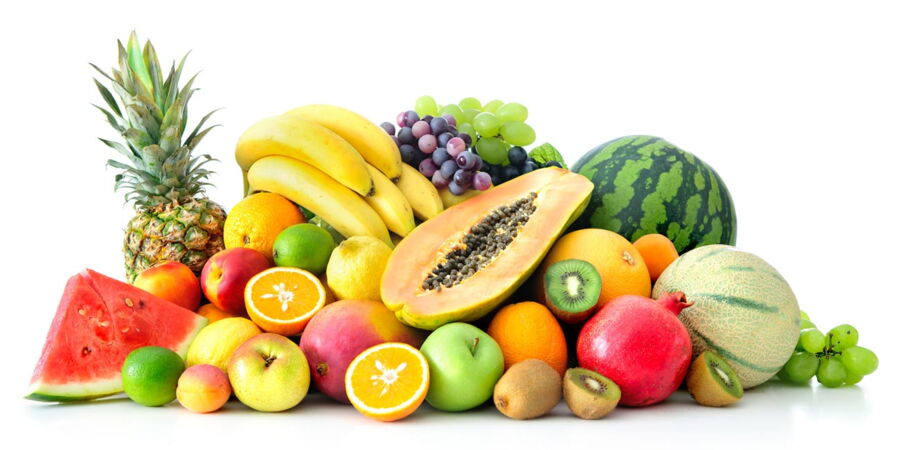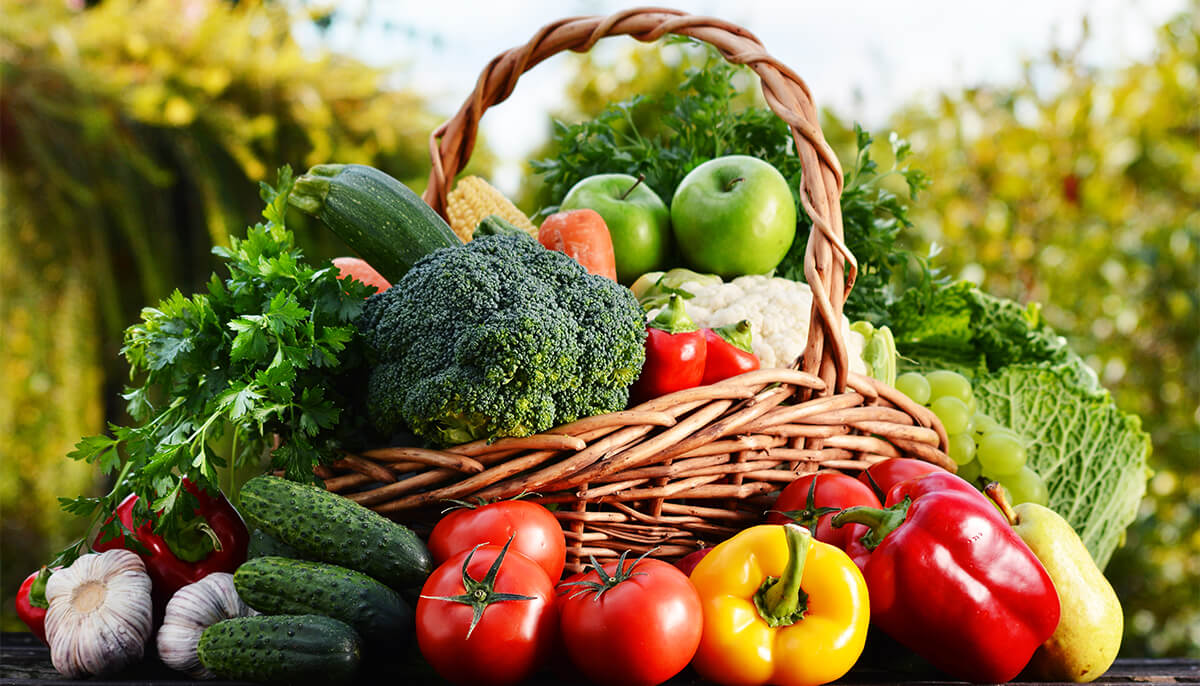Refined sugar vs Fruit sugar
Sucrose vs Fructose

With so many different diets and sources of nutrition advise, it can be very difficult to separate fact from fiction -Especially when it comes to fruit (fruit sugar).
- Fruit sugar is called fructose.
- Table sugar is called sucrose.
Sucrose Absorption:
Sucrose is a disaccharide, it must be broken down before your body can use it.
Enzymes in your mouth partially break down sucrose into glucose and fructose. However, the majority of sugar digestion happens in the small intestine.
The enzyme sucrase, which is made by the lining of your small intestine, splits sucrose into glucose and fructose. They are then absorbed into your bloodstream.
The presence of glucose increases the amount of fructose that is absorbed and also stimulates the release of insulin. This means that more fructose is used to create fat, compared to when this type of sugar is eaten alone.
Therefore, eating fructose and glucose together may harm your health more than eating them separately. This may explain why added sugars like high-fructose corn syrup are linked to various health issues.
Glucose and fructose are absorbed directly into your bloodstream, while sucrose must be broken down first. Glucose is used for energy or stored as glycogen. Fructose is converted to glucose or stored as fat.
Fructose Absorption:
Like glucose, fructose is absorbed directly into your bloodstream from the small intestine.
It raises blood sugar levels more gradually than glucose and does not appear to immediately impact insulin levels.
However, even though fructose doesn’t raise your blood sugar right away, it may have more long-term negative effects.
Your liver has to convert fructose into glucose before your body can use it for energy.
Eating large amounts of fructose can raise blood triglyceride levels.
Excessive fructose intake may also raise the risk of metabolic syndrome and non-alcoholic fatty liver disease.
However, fruits are relatively high in sugar compared to other whole foods.
So, the most important question is fruits good or bad for your health?
Fructose has been linked to several negative health effects, including obesity, type 2 diabetes, insulin resistance and fatty liver disease. Consuming fructose may also increase feelings of hunger and sugar cravings.
Based on these criteria, the following foods are likely to be poorly tolerated and should be avoided:
- Fruit and fruit juices: apple, cherry, grape, guava, litchi, mango, melon (honeydew and watermelon), orange, papaya, pear, persimmon, pineapple, quince, star fruit. Cooked fruit generally has lower fructose content than uncooked fruit.
- Most dried fruit, including currant, dates, dried fruit or health bars, figs, raisins.
- Processed fruit: barbecue / braai sauce, chutney, fruit from cans / tins (often in pear juice), plum sauce, sweet and sour sauce, tomato paste (tomato ketchup).
- Sweets, food and drinks with very high sucrose (table sugar) content and with high fructose corn syrup (HFCS).
- Honey, maple syrup.
You can definitely have these if you want:

- Vegetables in larger quantities (fructans or inulin content): artichoke, asparagus, beans, broccoli, cabbage, chicory, dandelion leaves, garlic, leek, onion, peanuts, tomato, zuccini.
Berries like: blueberry, raspberry, strawberry, etc.


Comments
Post a Comment